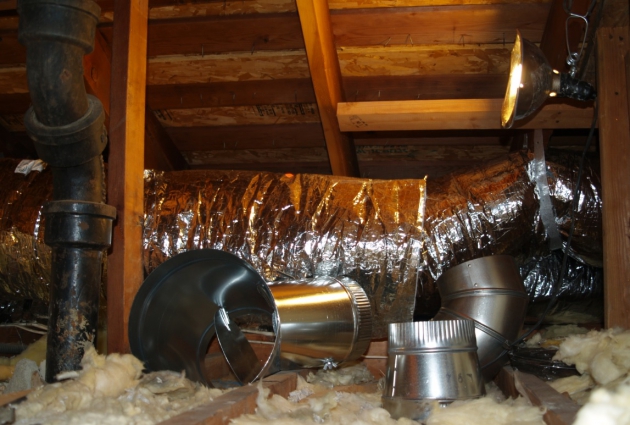Cleansing now the major cause of Toronto transit bus delays amid coronavirus pandemic
Cleansing has become the major cause of TTC bus delays in the course of the COVID-19 pandemic but the transit company insists that its final decision to regularly disinfect its vehicles is not contributing to overcrowding.
According to figures uploaded to the city’s open up data portal, cleansing accounted for nearly 46 for each cent (7,499) of all bus delays involving March and June of this yr. Mechanical issues were to blame for about 25 for every cent of all bus delays while operator connected problems accounted for 18 for each cent and protection-relevant troubles accounted for 6 per cent.
The knowledge, which was to start with documented by the Toronto Star, raises the concern of whether or not the TTC should be often pulling buses from company to disinfect them, presented the really reduced threat of contracting COVID-19 via surfaces.
But in an job interview with CP24 on Wednesday morning TTC spokesperson Stuart Environmentally friendly stated that the data only provides information about unique automobiles and in most situations the TTC is replacing buses that are pulled from their routes to undergo cleansing with floating buses that are classified as “run-as-directed” autos.
He explained that these buses aren’t possible to display up on the TTC’s numerous apps but should really if not assistance be certain “that the client practical experience is the exact.”
“We are not using buses out of support and triggering crowding or producing routes busier, we’re using buses out of company since the suggestions is that cleansing them on a regular basis will help handle the unfold of COVID-19 and that is what we are intrigued in executing,” he claimed. “It is pretty much a balancing act but protection is of course paramount to all of this. So as I say if we see a route that’s obtaining busier we’ll put further support out there and we most unquestionably would not choose a bus out of company if it really is going to bring about routes to get busy or to result in crowding.”
The TTC began an increased cleansing application of its motor vehicles in January 2020 and has fully commited to disinfecting buses, streetcars and subway automobiles many instances a working day with a concentration on significant contact surfaces, like railings and straps.
Even so, most epidemiologists now agree that the chance of contracting COVID-19 by way of surfaces is reduced and that close contact with other folks or infection via aerosol spread in poorly ventilated spaces are the most important contributors to the unfold of the virus.
Talking with CP24, Inexperienced mentioned that the TTC might take into account curtailing its cleaning endeavours but only if its proposed to do so by general public overall health industry experts.
In the interim, he said that the TTC is frequently checking crowding amounts on its motor vehicles and will make absolutely sure that the regular cleansing of autos does not exacerbate the dilemma.
“We have all been learning together the way, the science has modified along the way and now the proof of surface-primarily based transmission just isn’t as solid as it may have been at the beginning (of the pandemic), so we will unquestionably search at that (cutting back again the cleanings),” he reported, noting that a staff members report with the most recent assistance from Toronto Community Health will be likely to the TTC’s board in September.
The TTC has believed the cost of increased cleansing of vehicles at $25.8 million in 2022.








